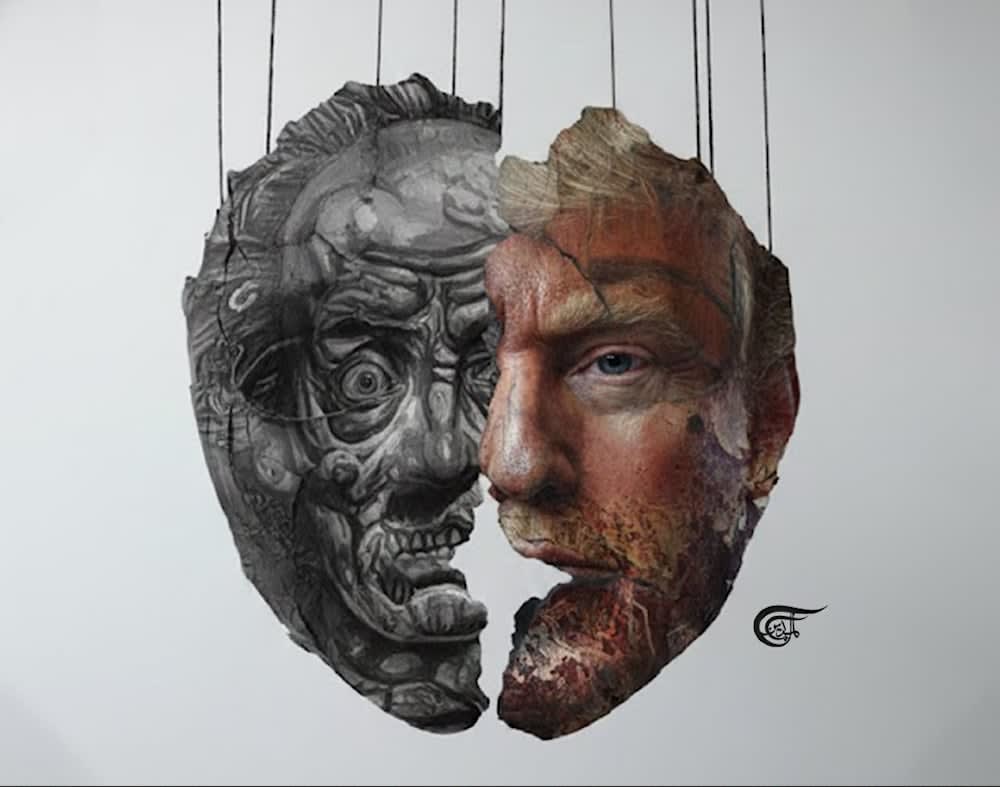President Trump's recent decision to impose additional tariffs on a range of products, including drugs, furniture, and trucks, raises critical questions about the efficacy of such measures in bolstering U.S. manufacturing. The administration's rationale hinges on the belief that these tariffs will shield domestic producers from overwhelming foreign competition. However, economists are skeptical about whether these tariffs will achieve their intended goals or merely lead to increased costs for consumers and businesses alike. The central problem lies in the balance between protecting U.S. industries and the potential for retaliatory measures that could exacerbate trade tensions and disrupt supply chains.
The implications of these tariffs extend beyond immediate economic impacts; they challenge the fundamental dynamics of global trade. A key insight is that while tariffs may provide short-term relief for certain sectors, they could ultimately hinder innovation and efficiency in U.S. manufacturing. The broader takeaway is that policymakers must consider the long-term effects of protectionist measures, as fostering a competitive domestic environment may require more than just tariffs; it necessitates strategic investments in technology and workforce development to truly enhance U.S. production capabilities.








